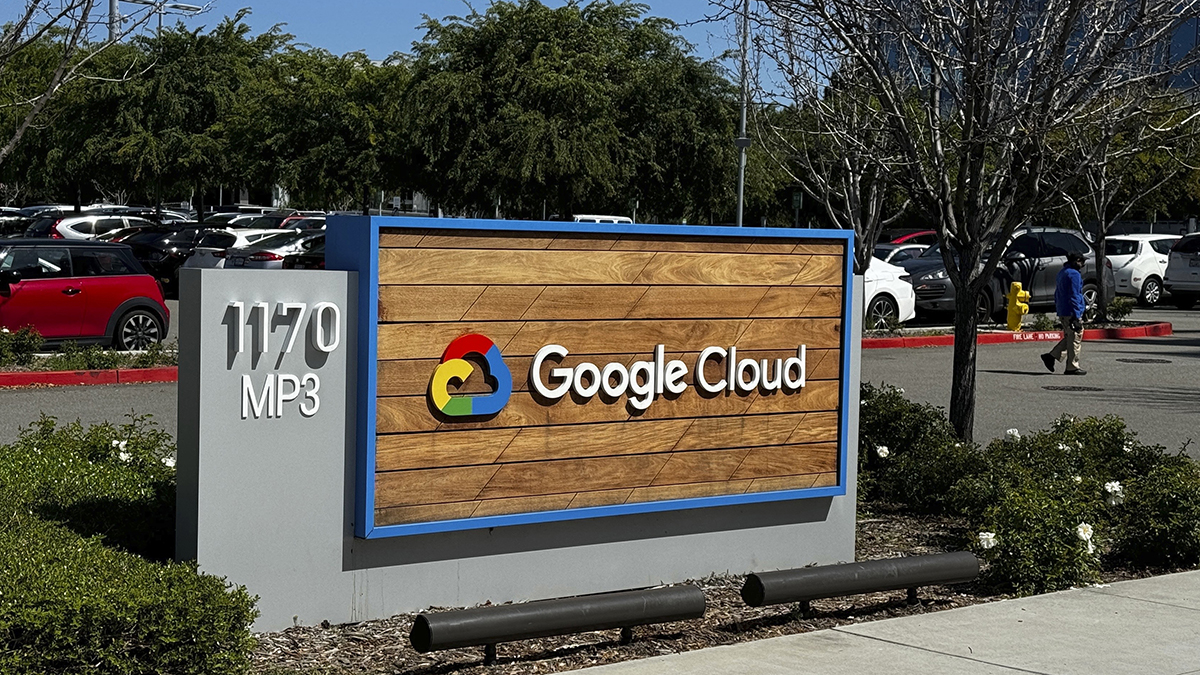Patent law is confusing. I’ve filed for and received a couple patents filed under the names of companies I’ve worked for in the past, and I’m still not sure exactly how that worked. I know I wrote up a pretty complex description of the process (which was a combination of hardware and software - it had to do with the automation of fax receipt and transmission on a bulk level), and I drew out a number of charts, graphs and illustrations. I signed on the dotted line, handed it to the company attorney, and presumably the company I worked for received a patent on my work.
Additionally, I’ve written about patent abuse here at Mashable before. It’s easy to spot abuse, particularly when companies like Amazon patent things like “one click” or Z4 Technologies patents the usage of two passwords as a security method. I suppose I could learn more about it fairly easily, if I wanted. Marshall, Texas is the town where a large portion of patent lawsuits end up being tried due to a reputation for being kind to patent trolls (Marshall is about 45 minutes down the road from where I live).
The problem is that I, like most of you probably do, find patent law very confusing, tedious and boring. That’s why I’m not sure if the analysis being pitched over at Patently is spot on or not, but judging by the comments from regular readers, it doesn’t appear to be far off the mark.
The analysis? Patents on software may be a thing of the past, and furthermore all existing patents on software might be useless or invalidated.
Warning: Legalese below. Possibly boring.
From Patently:
In a series of cases including In re Nuijten, In re Comiskey and In re Bilski, the Patent and Trademark Office has argued in favor of imposing new restrictions on the scope of patentable subject matter set forth by Congress in § 101 of the Patent Act. In the most recent of these three-the currently pending en banc Bilski appeal-the Office takes the position that process inventions generally are unpatentable unless they “result in a physical transformation of an article” or are “tied to a particular machine.”
The logic of the PTO’s positions in Nuijten, Comiskey and Bilski has always threatened to destabilize whole fields of patenting, most especially in the field of software patents. If the PTO’s test is followed, the crucial question for the vitality of patents on computer implemented inventions is whether a general purpose computer qualifies as a “particular” machine within the meaning of the agency’s test. In two recent decisions announced after the oral arguments in the Bilski case, Ex parte Langemyr (May 28, 2008) and Ex parte Wasynczuk (June 2, 2008),[3] the PTO Board of Patent Appeals and Interferences has now supplied an answer to that question: A general purpose computer is not a particular machine, and thus innovative software processes are unpatentable if they are tied only to a general purpose computer.
In essence, it seems to be saying (if I’ve got my legalese option on Babelfish working properly) that in these particular cases (where Google’s patents are at stake), it is the opinion of the US patent office that unless a software patent is particular to a unique machine that physically transforms it or if the software in question only works on some proprietary platform, it isn’t unique enough to patent.
The object of this rule shift obviously is to keep folks from patenting silly things that are mundane and commonly found in a wide variety of software (see one-click checkout).
Business News
To further translate it from legalese to geekish, it sounds like just about any piece of software or algorithm you write won’t be patentable. If you do a hardware or hardware/software hack, so long as it isn’t written on a commonly used computing platform (i.e. PC or Apple architecture), it just might be patentable.
What I Think Of It. Probably Less Boring.
I’m initially inclined to speak out in favor of this opinion. On the whole, software gets written regardless of what patents may or may not be in existence. I know that when I have a hankerin’ to write a piece of code to fill a need for myself, my company, or my community, the first thing I don’t do is check the patent office for something that may cover my idea. I just write it.
That’s the process for most folks. It’s only when that software gets particularly popular and profitable do the folks who had the idea (but not the gumption to do the work) come out of the woodwork and start suing.
It’s unfortunate, but from where I sit, it looks like that patent system functions currently in the opposite manner it was meant to. It was meant to protect and reward innovation, yet it seems that the only times I hear of a patent in the news is when a deep pocket is being sued by a corporate entity that does little else than collect patents. The exception to this rule, of course, is when deep pockets use their overly broad patents to force threatening upstarts out of business.
---
Related Articles at Mashable | All That's New on the Web:
Friendster Gets Another Social Networking Patent
Friendster Scores Yet Another Social Networking Patent??
Microsoft Tries To Patent RSS Readers
Let’s Hear It For Weird Patents
Paypal Be Damned: Google Patents “GPay”
Google Joins OIN Open Source Community
20+ Tools and Resources for Inventors



